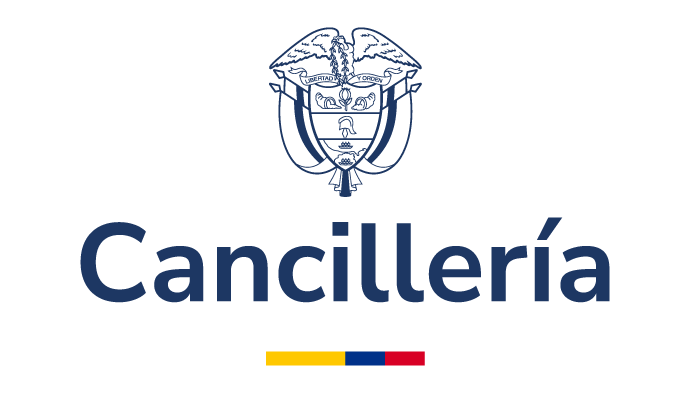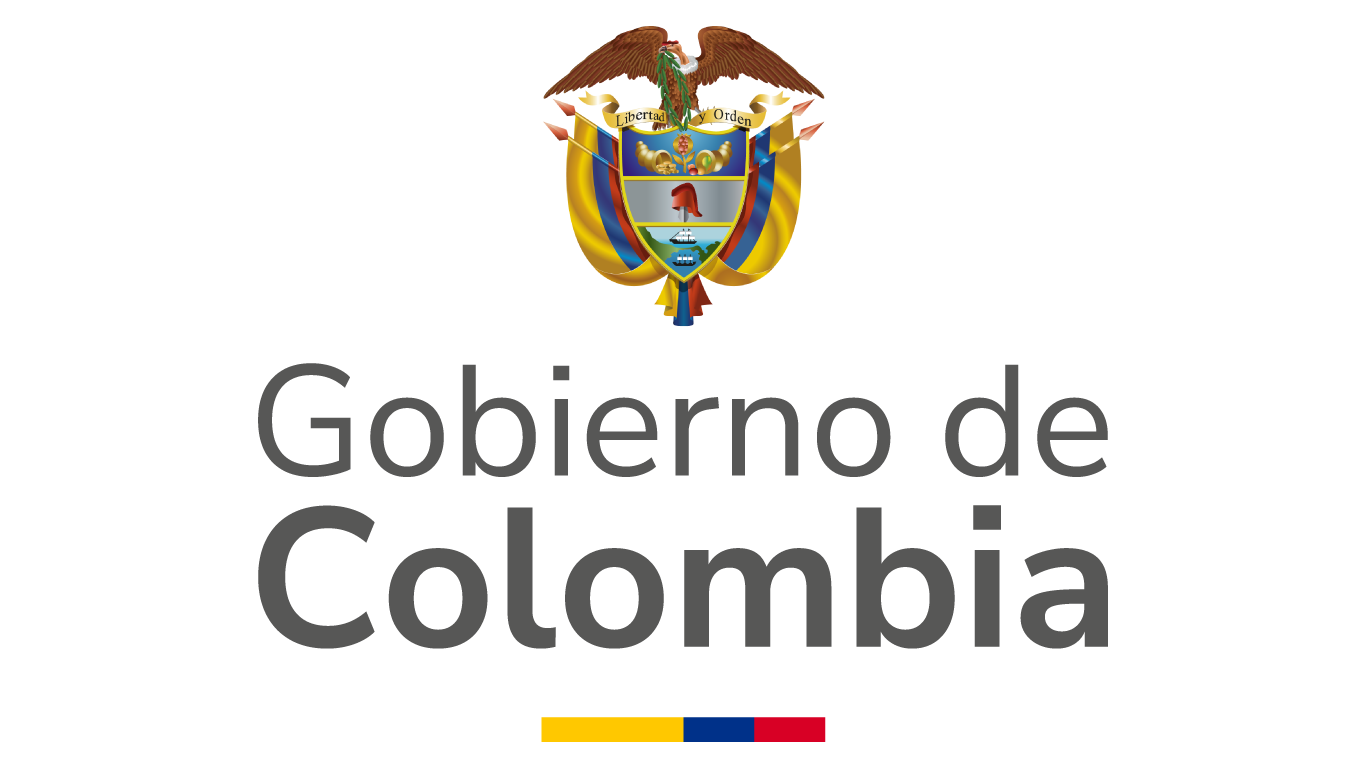10 Human Rights Treaty Bodies have their headquarters in Geneva. Their function is to monitor the implementation of the nine core instruments in Human Rights matter, and one Optional Protocol to one of them. The given provisions by the respective treaty, rule each Body. The OHCHR supports the work of the Bodies. These Bodies are composed of independent experts and hold annual meetings. Usually, during each meeting there is a consultation session with the Treaty Member states. States under the provisions of each instrument must present reports and periodic reviews to the appropriate body.
The Treaty Bodies are:
Responsible for supervising on the International Covenant on Civil and Political Rights adopted on 16 December 1966, and entered in force since March 23th 1976. Ratified by Colombia on 29 October 1969.
Committee on Economic, Social and Cultural Rights - CESCR
Responsible for monitoring the International Covenant on Economic, Social and Cultural Rights, which entered in force on 3rd January 1976. The Committee was established through ECOSOC Resolution 1985/17 of 28 May 1985.
Committee on the Elimination of Racial Discrimination – CERD
Established through the International Convention on the Elimination of All Forms of Racial Discrimination, which entered in force on 4 January 1969. Ratified by Colombia in September the 2nd 1981.
Committee on the Elimination of Discrimination against Women – CEDAW
Established through the Convention on the Elimination of All Forms of Discrimination against Women from December 18th 1989, ratified by Colombia on January 19th 1982.
Committee against Torture – CAT
Established through the Convention against Torture and Other Cruel, Inhuman or Degrading Treatment or Punishment, which entered in force the 26 June 1987, ratified by Colombia the 8 December 1987.
Is the most recent Treaty Body, established through the Optional Protocol to the Convention Against Torture – OPCAT. The OPCAT was adopted in December of 2002 by the General Assembly and initiated its work in 2007. Colombia is not part of the OPCAT.
Committee on the Rights of the Child – CRC
Established through the Convention on the Rights of the Child, which entered in force on 2 December 1990. Besides monitoring the Convention, it supervises the implementation of its two Optional Protocols - OP on children and armed conflict, and on sale of children, child prostitution and child pornography. Colombia is part of the Convention (since 28 January 1991), del OP1 (since 25th May 2005) and the OP2 (since November 11th 2003).
Committee on Migrant Workers – CMW
Established through the International Convention on the Protection of the Rights of All Migrant Workers and Members of Their Families, adopted though General Assembly Resolution 45/158, from 18 December 1990. Ratified by Colombia on May 24th 1995.
Committee on the Rights of Persons with Disabilities – CRPD
Established through the Convention on the Rights of Persons with Disabilities, adopted on March 30th 2007. Colombia ratified on 10 May 2011.
Committee on Enforced Disappearances – CED
Established by the International Convention for the Protection of All Persons from Enforced Disappearance, which entered in force on November 23rd 2010. Colombia ratified on 11 July 2012.








